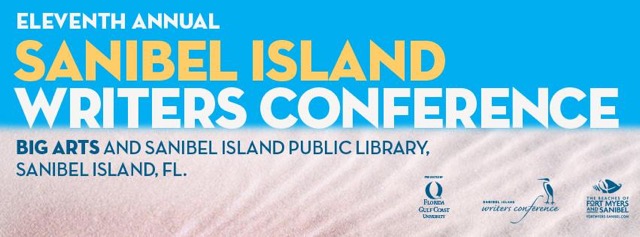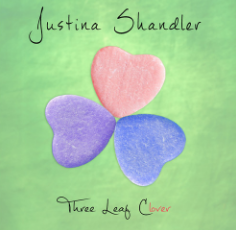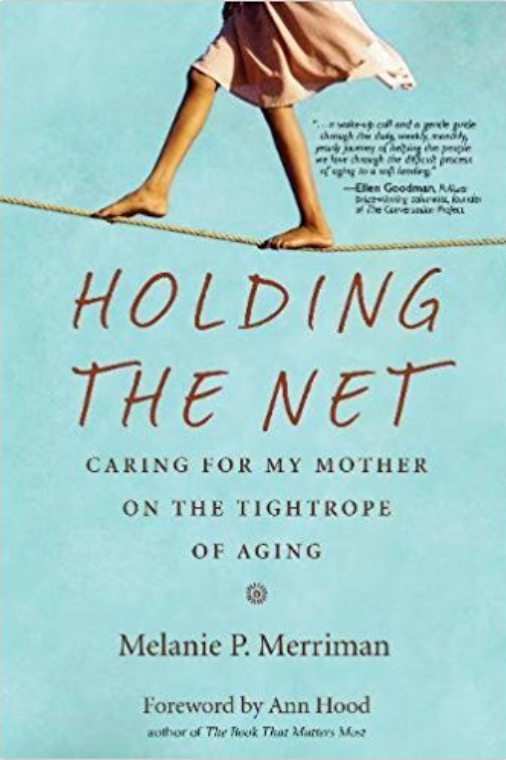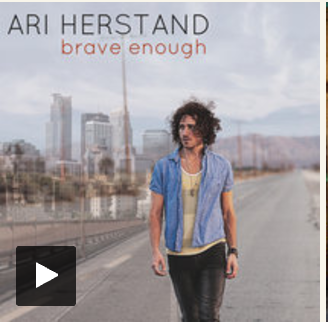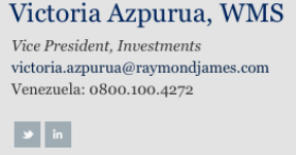By Karen Collazo
It must have been no later than 8am on a Saturday, because the light was breaking behind the warehouses on the east side of the Palmetto. The air was cool and crisp; it was winter in Miami. That morning, Mami woke me and Annette up early, made us café con leche and told us we were going to see you. I don’t recall how she explained why this meeting was taking place in the Mall of The America’s parking lot, but there we were waiting for your white 1989 Bronco to pull in. It had been a few months since we had last seen you, since you had left on your business trip. The visit lasted just a few minutes. You hugged Mami and told us that you missed us and would be home soon. And just like that, we were on the highway on our way back to Hialeah without you. Mami cried all the way home.
This wasn’t unusual growing up. Throughout the years, you popped in-and-out—always living between two places. But you always made sure your time with us was the most memorable. The three of us, Mami, Annette and me, had grown accustomed to being a family of our own, with you as recurring guest. And while you may have missed unimportant events, like: science projects, trips to the doctor, Saturday morning pancakes and volleyball games, you always tried to make it up to us on our birthdays, during the holidays and on family day. Sundays were our day to pile into Mami’s blue Cadillac and eat lunch at a fancy restaurant as a family. Then you’d spend the rest of the afternoon showering us with gifts as we went shopping around town.
Do you remember that one Sunday when I was eight years old when we went to an upscale seafood restaurant downtown? As we walked up the steps toward the entrance, Annette and Mami leading the way with you and me trailing behind, a man jumped out from the bushes. He snatched Mami’s brown handbag and pushed her down the steps. It was an expensive purse that you had bought her on a recent business trip, which she wore with so much pride. As both she and Annette tumbled down the front steps, you ran after the thief. He dove in head first through the back seat window of a getaway car and sped away, as you ran to our car to get your 9mm Berretta from the glove compartment. I followed you, scared.
You saw me trailing you and yelled at me to go back and help Mami. You stopped in the middle of the street and pointed your gun in the direction of the car that was quickly speeding away. It was too late. They had made a left at the light and were no longer within range. The restaurant hostess had seen everything and called the police. We were escorted inside and statements were taken. After we had all regrouped and credit cards were cancelled, you proudly recounted how fearlessly I had run after the bad guys. But, I wasn’t running after the bad guys, I was running after you.
I was your quintessential daddy’s girl – a Jewish-Cuban princess who got everything and anything she ever wanted. My closet and dressers were filled with the clothes and accessories of a teenage girl’s dream. On my seventh birthday, you came home with Minnie, a Shih-Tzu puppy who would later round out our family and always stand guard when you weren’t around. On my ninth birthday, you lied and told me that you hadn’t bought me anything. I was so hurt. I thought you didn’t love me. I ran crying to my bedroom and crawled into the bottom bunk of the bed I shared with my sister. You followed me into the room and told me that if I was going to be a spoiled brat that the least I could do was cry from the top bunk, which is where I slept. I yelled at you to go away, but you insisted that I move. When finally I climbed the stairs to my bunk, I found a bright pink boom box with a bow on it. You laughed and hugged me and told me that you would never forget my birthday. You were always playing pranks like that. For my 12th birthday, you bought me my first set of pearls. When I turned thirteen, we took a trip to Spain to celebrate. For my quinces, you and Mami threw me a quinceañera party, which you told me cost $30,000. As soon as I was of driving age, you gave me my first new car. And on my 18th birthday, you came home with a platinum Montblanc pen. You said you hoped it would inspire me to write the greatest words ever written.
Most of my memories of you come attached to the things you bought me. You were the new Bongo Jeans, the Motorola cell phone, the brand new white and pink bedroom set. I was surrounded by you, but you were never there.
I know you tried. You taught me that a girl could do anything a boy could. You hammered in me the importance of going to school and never letting anyone take me for a sucker. If I was home sick and you happened to be in town, you’d take me with you as you ran business errands. I was your little assistant. On these days, I got to see first-hand what it was like to get “things” done.
Like that day we went to visit your cousin, to collect some money he owed you after you helped him get his trucking business started. You asked me to wait in the car while you met him inside his office. You expected things to get ugly and you didn’t want me to see the two of you arguing. I remember it was raining. I sat in your black Pontiac Bonneville, listening to Jose Feliciano. I studied the gun in the glove compartment.
After you collected your payment in full, we went to a small cafeteria in Little Havana for coffee and pastelitos. As you sipped your colada and flirted with the waitress, my eyes lit up when they spotted the Butterfinger candy bars in the glass case beneath the coffee window. I didn’t even have to ask. Seconds later, there were two Butterfingers in my hands–one for me and one for Annette.
These days, I think about how if you only knew what would become of me, you might have changed some of the choices you made. Would you have tried your hand at a noble profession that paid little, but set a good example for your daughters?
When Mami was dying of cancer at Mercy Hospital, five years before you lost your own battle, she looked at me the way one looks at a starving child in Africa, in a Save the Children commercial; it pulls at your heartstrings, but you know deep down there is nothing you can really do to change that kid’s future. The last time she spoke to me, she said, “Can you imagine it? A father provides for his family by trafficking the very thing his daughter later becomes addicted to.” That’s when it all came into sharp focus–when the trips to Puerto Rico, the extravagant parties and the lavish jewelry, car and houses all finally made sense. I had just turned 21.
I am comforted by the fact that while you weren’t physically there for us, or a model citizen, you did love us in your own way. You always protected us, especially from the reality of your career. The only one who truly suffered was Mami, who didn’t always know if you would make it home that night, while Annette and I assumed you always would. We didn’t know any better.
You grew up poor, on the streets of Cuba–bouncing from family to family and sometimes even crashing with friends, after your mother handed you over to her mother so that she could start a new family with her second husband. Later, your grandmother would try to commit suicide in front of you when you were nine years old. You grew up with nothing, but always found a way to survive. Once in America, your ambitions found a fertile underground world where your dreams of being wealthy could finally come true. You put yourself in danger in order to give us what we needed, except you.
Later, when it was your turn to lie in a hospital bed dying of cancer, one of my best friends from middle school came to visit. She walked into that cold and sterile room at Coral Gables Hospital and found you buried underneath a pile of blankets. You were weak and skinny–almost unrecognizable, except for your strong hands. Even as the morphine dosage increased, they continued to mimic the act of lighting a cigarette, which you did several times a day, every day, for 40 years. I fondly remembered how I used to wrap my little hand around one of your big fingers, as we walked along side each other. My friend smiled at you and asked: “Hola Viejo, te acuerdas de mi?” (Hey old man, remember me?).
You smiled graciously, but I knew you didn’t recognize her. It was Mami who drove Grisel and me to gymnastics every day after school in the sixth grade. It was Mami who made us s’mores and popcorn when Grisel slept over. Mami was the one who knew that Grisel’s mom, Elena, called her by her nickname “Cookie” and once borrowed her recipe for natilla pudding with vanilla wafers, because I couldn’t stop raving about it.
In that moment, any anger I may have felt towards you for not being around, melted away. I felt sorry for you. You were once my hero and overnight had become an unfit father. But just then, you turned into a poor old man who was never really able to enjoy the true riches that this life had to offer.
Growing up, it was rare when you were around. On those occasions when you missed my birthday, you would send me a bouquet of one dozen pink roses. It always made me feel like the most loved and most special girl in the world. The card would always read: “Feliz cumpleaños a mi bella hija. De tu papa, que te quiere.” (Happy birthday, to my beautiful daughter. From you father, who loves you.) I would go to school and tell everyone about it feeling so important. Today, I wonder if those flowers ever really came from you or if Mami sent them on your behalf. I have so many questions that I know will go unanswered. Your business associates may know more about you than your family did. They called you “El Ingeniero,” (The Engineer), a nickname you carried proudly. But no matter what you did or didn’t do, after all these years, you were and will always be Papi–the only man to ever send me a bouquet of flowers.



